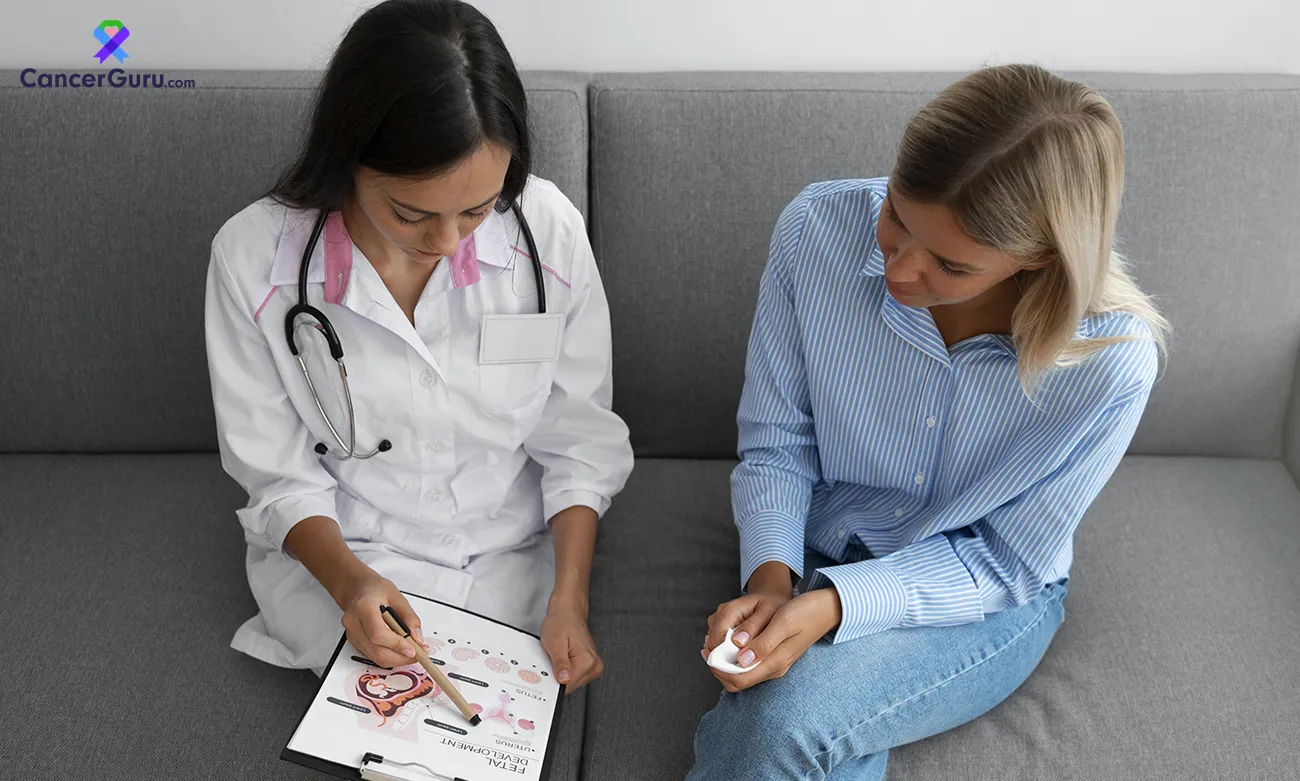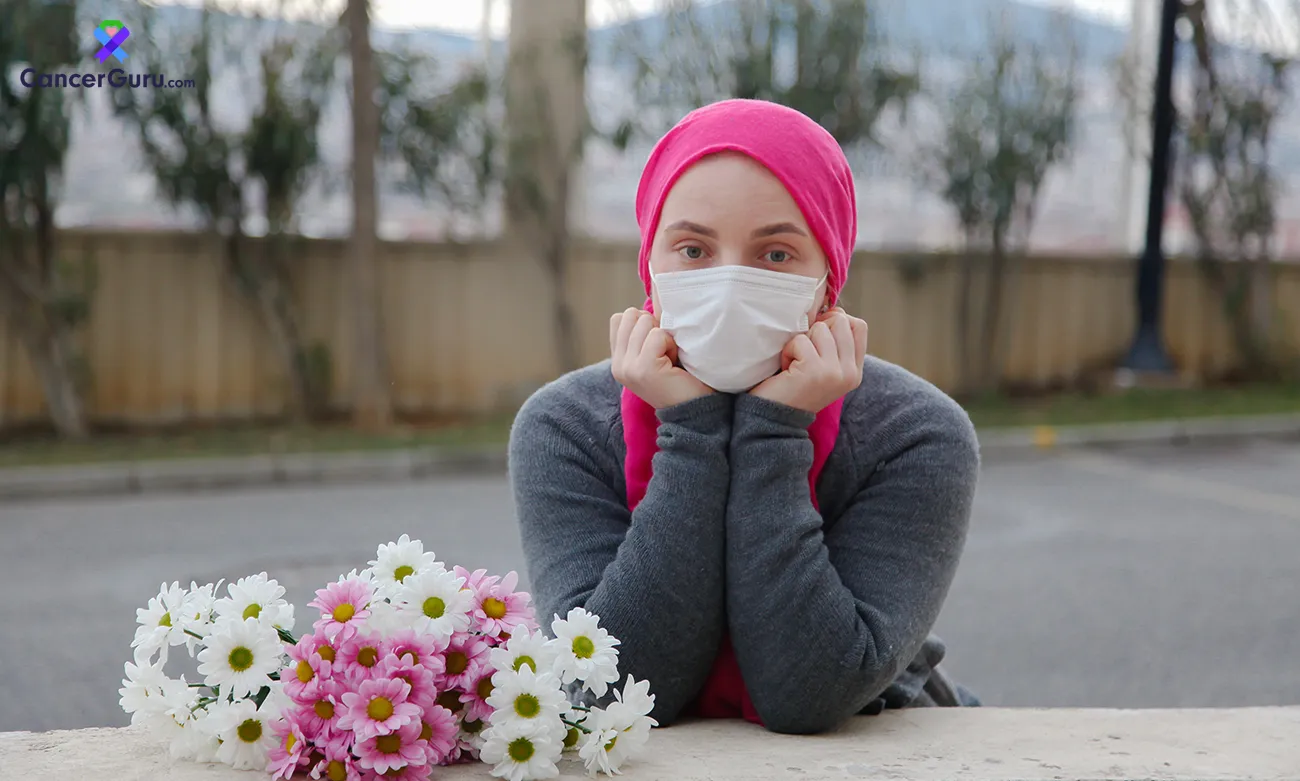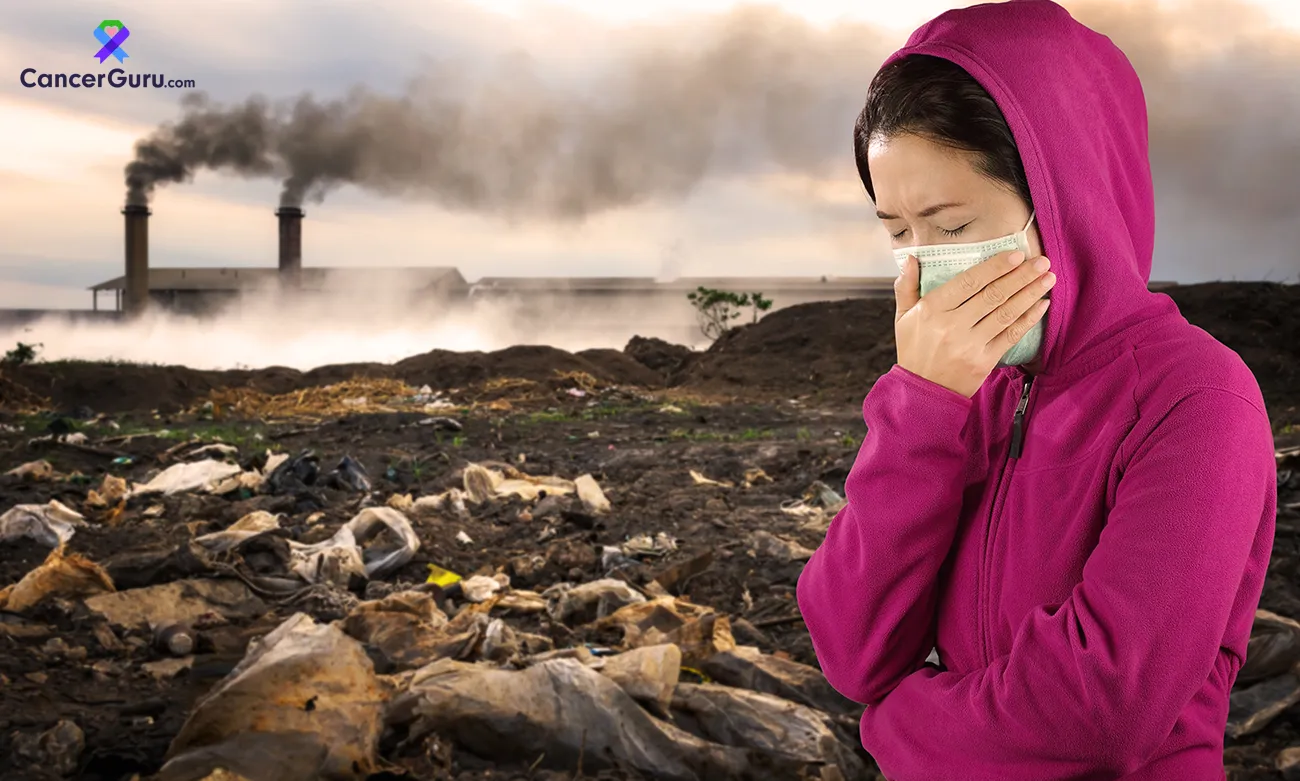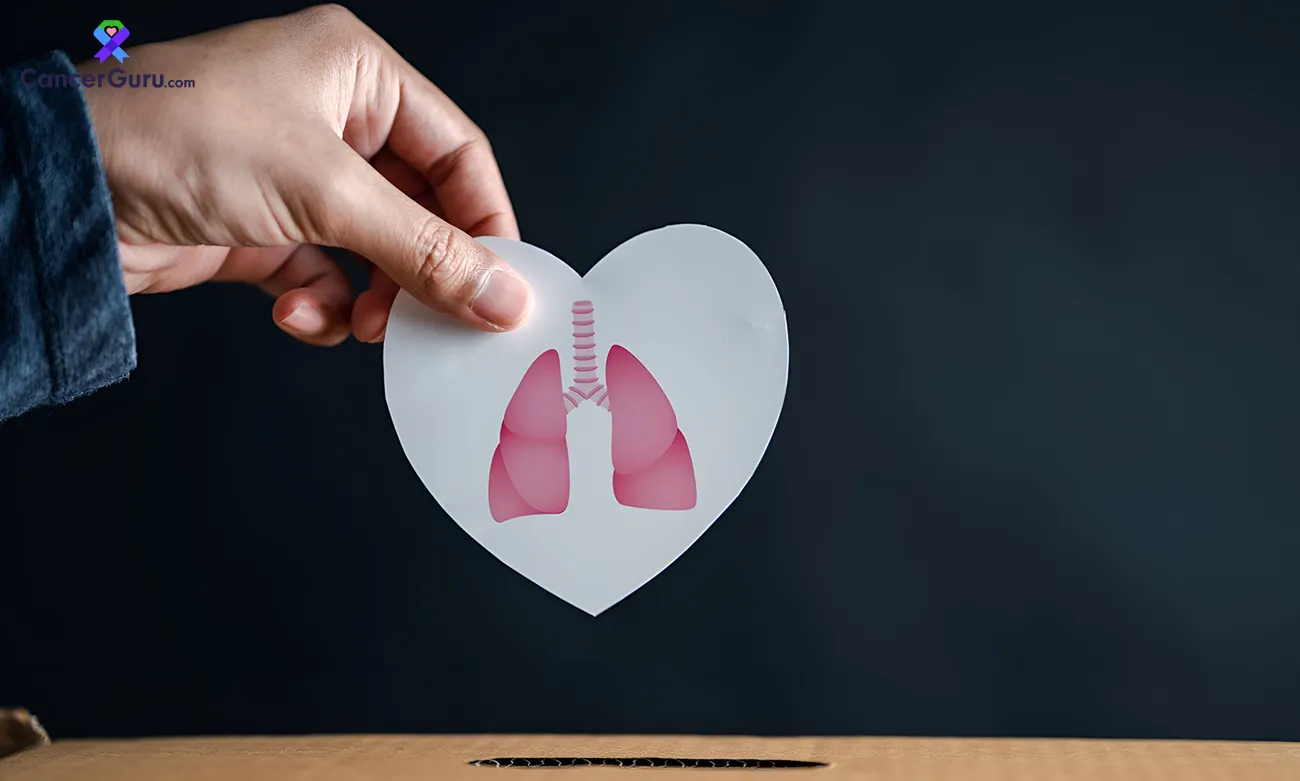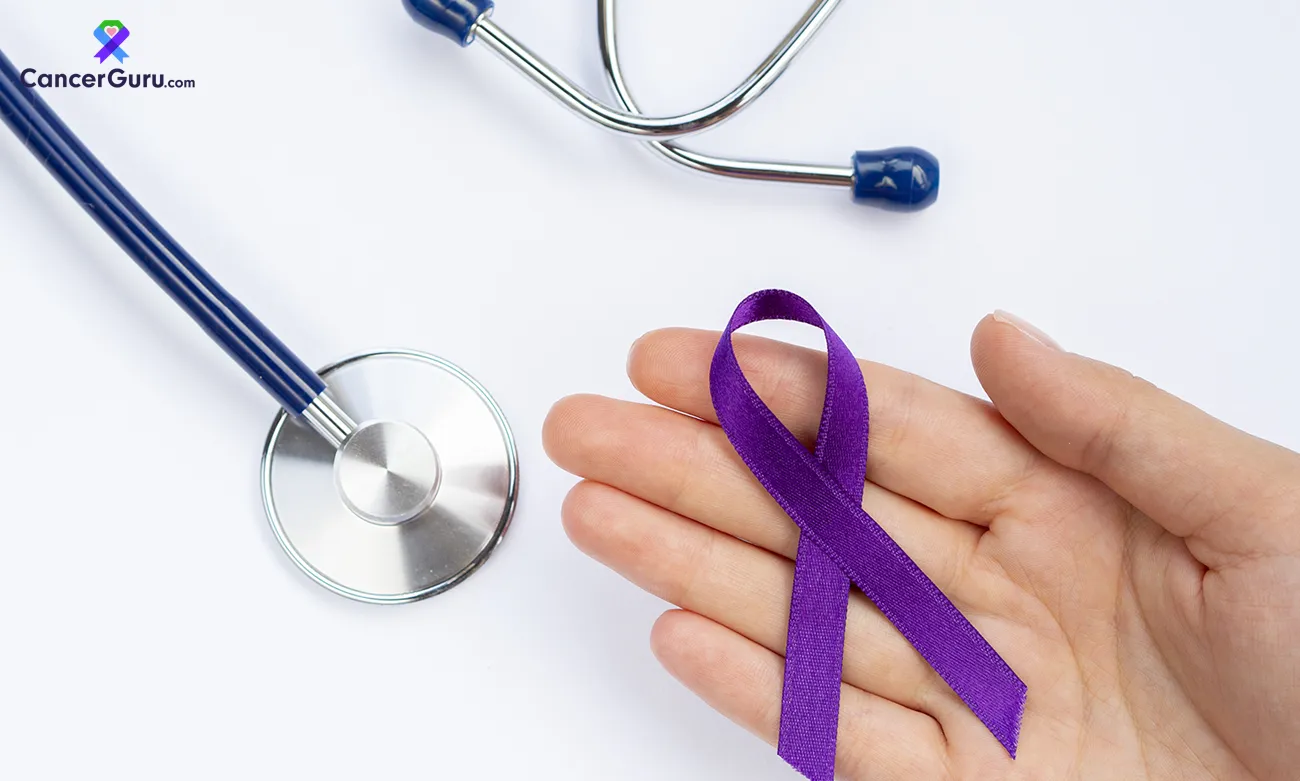- Email: [email protected]
- Contact: +1 (407)581-9000
What to Expect After a Cancer Diagnosis: A Guide
July 25, 2025

Finding out you have cancer can be one of the hardest moments in life. You may feel shocked, scared, or even confused about what will happen next. It’s normal to ask questions like, “Will I get better?” or “What should I do now?” Many people feel overwhelmed at first, but you are not alone. Doctors, nurses, and support teams are here to help you. Knowing what to expect and getting the right support can help you take the next steps with more confidence.
After the diagnosis, it’s helpful to take a deep breath and focus on getting the right information. Understanding your type of cancer and learning about the different treatment choices is a good start. It’s also okay to ask as many questions as you need. Write them down and bring them to your appointments. Your doctor may connect you with different cancer specialists, depending on your case. The team will guide you and ensure you receive the care and support you need.
Know the Facts About Your Cancer
After hearing you have cancer, it’s easy to feel overwhelmed. But the most helpful first step is learning more about your exact diagnosis. Ask your doctor about the type, stage, and location of the cancer. Find out if it grows quickly or slowly, and whether it’s rare or more common. These answers can shape your treatment path and improve your chances of doing well. If anything feels unclear, do not hesitate to get a second opinion from a cancer center with specialists.
Once your diagnosis is confirmed, your cancer care team will guide you through the next steps. You may need more tests to better understand the cancer’s behavior and how to treat it. Your oncologist will create a treatment plan just for you, which might include surgery, medications, or radiation. At the same time, you’ll be introduced to your care team, including nurses and support staff. Having clear facts and support from the beginning gives you strength and direction.
Look into Your Treatment Options
Once your diagnosis is confirmed, ask your doctor about the treatments that may work best for your type and stage of cancer. Each option, like surgery, chemotherapy, radiation, or immunotherapy, comes with its benefits and possible side effects. Make sure to ask how each one might affect your daily life, energy levels, or long-term health. Your doctor will consider your overall health and personal needs while recommending a plan. Being clear about your choices helps you feel more confident moving forward.
You should also ask if any clinical trials are available to you. These trials often provide access to new treatments that are already proven safe and are now being tested for how well they work. Many people think clinical trials are risky, but they’re a key part of today’s best cancer care. Your oncologist can help you find one that fits your condition. Knowing all your options, including clinical trials, helps you make smart choices about your care.
Get Care from a Team of Specialists
Along with your doctor and nurse, many other caring professionals are ready to support you and your family during treatment. This group can include a patient navigator, social worker, psychologist, pharmacist, dietitian, and even clergy if you’re religious. Each one plays a different role. Some help with emotional support and others guides you through medical questions, nutrition, or spiritual care. They all work together to help manage the physical, mental, and practical effects of cancer and its treatment.
Your care team is there for more than just medical needs. They can help with real-life challenges like childcare, financial stress, or how your spouse is coping. These are things you may not think of right away, but they matter just as much. They fill in the gaps and make sure nothing is missed. It’s not just about illness. It’s about helping you and your family handle life while you’re going through treatment.
Figure Out What You Won’t Compromise On
When you’re facing a cancer diagnosis, it’s okay to be clear about what matters most to you. Think about your daily life, your beliefs, and the kind of support you need. Maybe you want a second opinion before starting treatment, or maybe staying close to home is important for you and your family. These are not small things. They help shape your care in a way that feels right for you. Don’t be afraid to speak up about what you need.
Doctors and nurses will offer medical advice, but you get to decide what fits your life. If a certain treatment plan doesn’t match your values or schedule, say so. It’s your body, your time, and your choice. Some people need flexibility with appointments, while others care deeply about side effects or who’s on their care team. These are your deal-breakers, and being upfront about them helps everyone stay on the same page from the start.
Tell Your Doctor What Matters Most to You
After a cancer diagnosis, it’s easy to feel like everything is out of your hands. But this is your life and your care. Talk to your doctor about what matters to you. That could mean staying at work during treatment or keeping up with your kids’ schedules. You might care about feeling strong enough to take walks or be home for a family event. When your doctor knows what’s most important, they can help shape a plan that fits your needs.
It’s okay to be honest. Say what you’re worried about and what you hope for. If you want fewer side effects, or if a long hospital stay doesn’t work for you, speak up. Your care should match your values, your needs, and your routines. Doctors are trained to listen and adjust. They want to help you live the way you want while treating cancer at the same time. Your voice matters in every step of your cancer treatment.
Find Your Circle of Support
When you face a cancer diagnosis, having people around you who care can make a big difference. Your circle of support might include family, friends, or neighbors, anyone you trust and feel comfortable with. These people can help with daily tasks, listen when you need to talk, or just be there to keep you company. You don’t have to go through this alone. Let others step in so you can focus on your health and healing.
It’s also okay to ask for help from professionals like counselors or support groups. Sometimes, talking to someone who understands what you’re going through can ease stress. Your care team can connect you with these resources. Remember, building your support circle takes time, and every little bit of help adds up. Having people who stand by your gives you strength in tough moments and helps you keep moving forward.
Final Words
Getting a cancer diagnosis can turn your world upside down, but it’s just the first step. You will face many choices and challenges, but you don’t have to face them alone. Your doctors, nurses, and support team are there to guide you through each stage. Take your time to ask questions and share your feelings. Life will feel different, but with help and clear information, you can find your way through this and focus on healing.
Ratings and reviews
No reviews yet.

